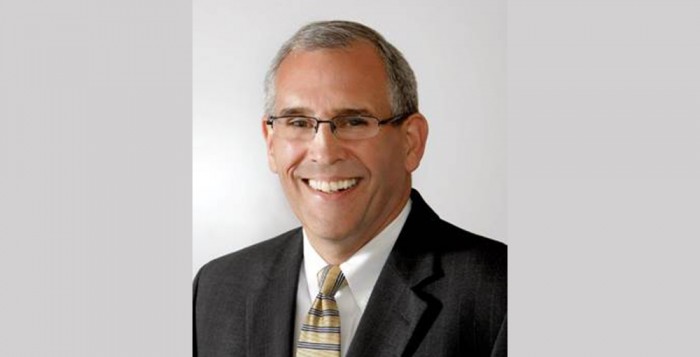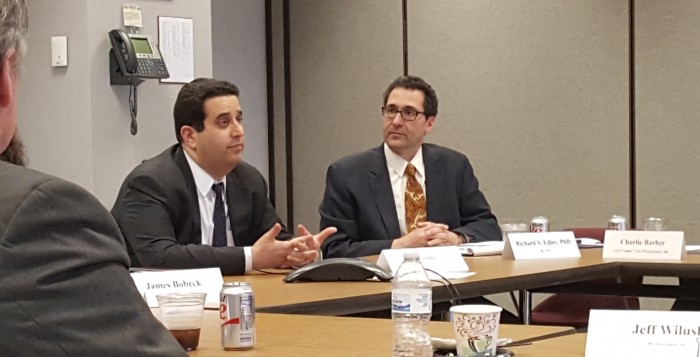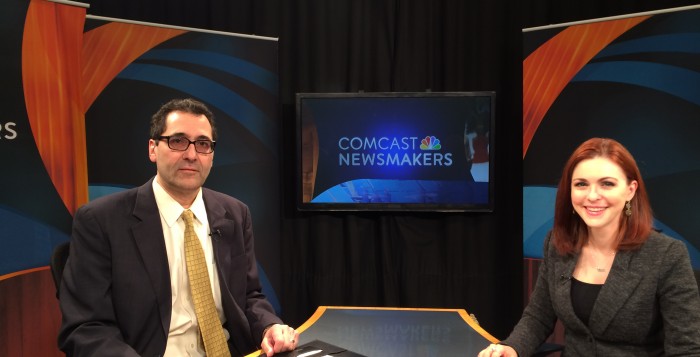The following bills were voted out of the House and will now move to the Senate for their consideration.
|
HB 126
|
Baker, Matt |
(PN 92) The Epinephrine Auto-Injector Entity Act provides for the use and stock of epinephrine auto-injectors by recreation camps, colleges and universities, day-care facilities, youth sports leagues, amusement parks, restaurants, places of employment, and sports arenas. Requires completed training by employees of eligible institutions before administration and provides Good Samaritan protections. Effective in 60 days. |
HB 126 passed unanimously on Wednesday, March 22 by a vote of 191 YEAS, 0 NAYS.
| HB 478 |
Pickett, Tina |
(PN 502) The Outpatient Psychiatric Oversight Act requires an outpatient psychiatric clinic to have a psychiatrist on site for two hours of psychiatric time per week for each fulltime equivalent treatment staff member employed by the clinic. Further provides telepsychiatry provided by a psychiatrist that is not on site with prescriptive authority in Pennsylvania may be utilized with a service description approved by the Department of Human Services but shall not be included in the required psychiatric time. Also provides that 50 percent of the required on-site time may be provided by other advanced practice professionals specializing in behavioral health with prescriptive authority in Pennsylvania. Requires the Department of Human Services to promulgate regulations as necessary to carry out the provisions of the act. Effective in 60 days. |
HB 478 passed unanimously on Wednesday, March 22 by a vote of 190 YEAS, 0 NAYS. RCPA already has a meeting with Senate Health and Human Services Committee staff on Friday, March 31 to discuss moving this bill out of committee.
| HB 644 |
Baker, Matt |
(PN 681) Amends the Community-Based Health Care Act, in health care assistance, further providing for Community-Based Health Care Program by removing the 25 percent limitation on grants awarded going to federally qualified health centers. Effective in 60 days. |
HB 644 passed unanimously on Wednesday, March 22 by a vote of 190 YEAS, 0 NAYS.
| HR 63 |
Costa, Dom |
(PN 297) Resolution recognizing April 2, 2017, as “World Autism Awareness Day” in Pennsylvania. |
HR 63 passed unanimously on Wednesday, March 22 by a vote of 195 YEAS, 0 NAYS.
| HR 132 |
Toohil, Tarah |
(PN 825) Resolution recognizing the month of March 2017 as “Intellectual Disability Awareness Month” in Pennsylvania. |
HR 132 passed unanimously on Wednesday, March 22 by a vote of 195 YEAS, 0 NAYS. The State Senate did not vote on any bills that RCPA has on its legislative tracking report. Questions, contact Jack Phillips, RCPA Director, Government Affairs.















